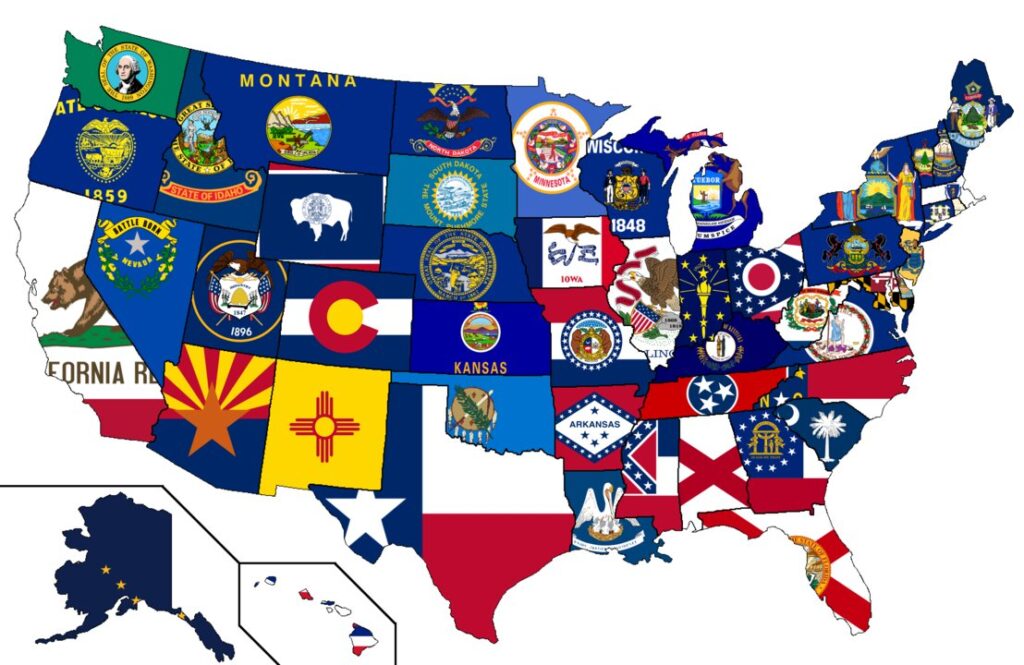The U.S. Department of the Treasury and the Internal Revenue Service issued Notice 2018-54 advising taxpayers that proposed regulations will be issued addressing the deductibility of state and local tax payments for federal income tax purposes under the recent tax reform legislation.
Section 11042 of the Tax Cuts and Jobs Act (TCJA), which was enacted in December 2017, limited the amount of state and local taxes an individual can deduct. Under the TCJA, the maximum deduction an individual taxpayer can take under IRC §164 is $10,000 ($5,000 for married taxpayers filing singly) for the aggregate amount of state and local taxes paid during the calendar year. State and local tax payments in excess of those amounts are not deductible. This new limitation applies to taxable years beginning after December 31, 2017, and before January 1, 2026.
No provision of the law has been more controversial, and in response to this limitation, some states are considering or have adopted legislation that allows taxpayers to make transfers to state-established charitable funds in exchange for credits against their state and local taxes owed.
In Notice 2018-54, the IRS has announced it will soon propose regulations on the federal income tax treatment of these payments. The proposed regulations are intended to assist taxpayers in understanding the relationship between the federal charitable contribution deduction and the new state and local tax deduction limit.. These proposed regulations will specify that federal tax law, which includes substance-over-form principles, governs the proper characterization of these payments for “federal” income tax purposes. In other words, a state’s classification of the payment is irrelevant in determining the treatment of these payments at the federal level.
The new rules are intended to require taxpayers to reflect the economic reality of the payment transaction and were, quite frankly, expected. It is not logical that the Internal Revenue Service would allow the provision to be controverted simply through an “end around” established by certain state and local governmental bodies.
Taxpayers should also be aware the U.S. Department of the Treasury and the Internal Revenue Service are continuing to monitor other legislative proposals being considered to ensure that federal law controls the characterization of deductions for federal income tax filings.
If you have any questions about the effects of the TCJA provisions or if you need assistance with your tax planning, please contact Bob Grossman or Don Johnston at 412-338-9300.








